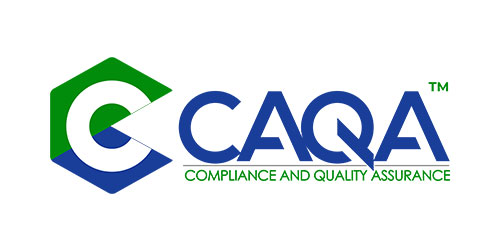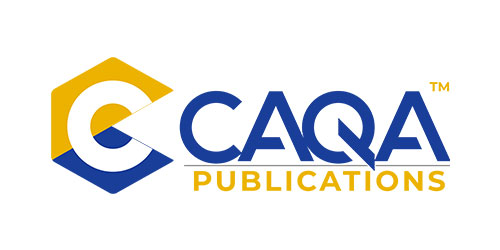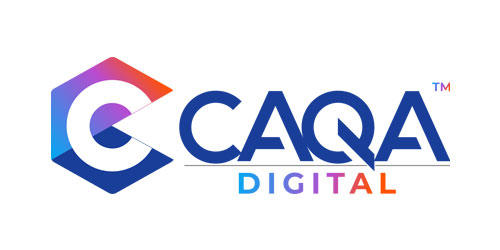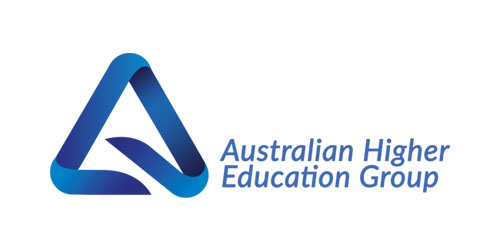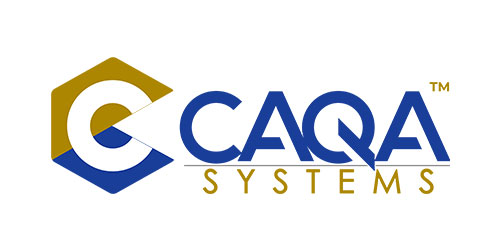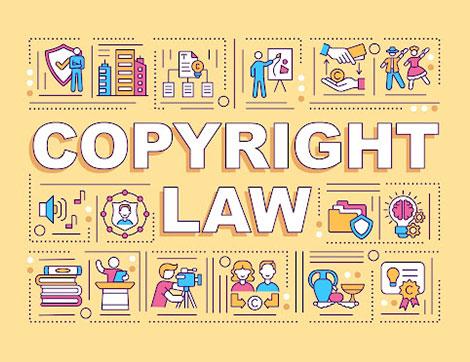Message from the CEO (25 April 2022)
Message from the CEO We welcome you to our April edition of the VET sector magazine. We are pleased to announce that we will be releasing a new version of our flagship product, CAQA Labs in May. This product will be made available as a standalone software solution and also as part of our Information […]
Read MoreBlended learning – The best of online and offline learning
Blended learning is a teaching approach that combines both online and offline learning. It offers the best of both worlds – the flexibility and convenience of online learning, combined with the personal touch and social interaction of offline learning. This approach has many benefits, including the ability to cater to different learning styles and providing […]
Read MoreInterview with Forensic Auditor and CEO of VETPrep Australia – Alex Schroder
Alex is Australia’s leading VET Compliance Specialist, Forensic Auditor, and the CEO of VETPrep Australia. With qualifications Law, Commerce, Marketing, Management, Business, Quality Assurance and Strategic Leadership, Alex’s expertise is unsurpassed. She is the creator of the Certificate IV in RTO Compliance, Diploma of RTO Compliance Management, The RTO Standards Unpacked! and other courses. Alex […]
Read MorePractical demonstration – What to look for?
When observing a student during a practical demonstration, it is important to focus on both their technical ability and their methodology. For example, you should pay attention to whether the student is using proper technique when carrying out tasks, and whether they are following the correct steps in the demonstration. Additionally, it is also important […]
Read MoreCAQA Analysis on NCVER’s Research Report – The four features of high-quality VET delivery.
It is widely accepted that high-quality vocational education and training (VET) is essential for achieving positive outcomes for both individuals and industry. However, there is still much debate about what factors make up a high-quality VET offering. In this article, we explore some of the key factors that registered training organisations (RTOs) should consider when […]
Read MoreInconsistent judgements by the auditors working with or for the regulatory body
Auditors are expected to use their judgement when conducting an audit. However, there can be inconsistencies in how different auditors exercise their judgement, which can lead to differences in the outcome of the audit. This can be a problem if the auditor’s judgement is not based on a sound understanding of: What the regulatory body’s […]
Read MoreThe Australian VET system is eroding, fragmenting, and dysfunctional.
New research is showing that Australia’s VET system displays indicators of erosion, fragmentation, and dysfunction. According to the findings of the study, conducted by the Australia Institute’s Centre for Future Work, profound and long-standing flaws with Australia’s vocational education and training system have not been remedied – and in some cases, have deteriorated. A senior […]
Read MoreStrategic Review into First Aid units of competency in Western Australia
The Training Accreditation Council’s risk management approach to regulation is to consider the risks to the quality of vocational education and training outcomes on an ongoing basis. Underpinned by the Council’s Risk Framework, stakeholders are informed about the Council’s regulatory focus areas via its Regulatory Strategy. The Council’s Focus on Quality: Regulatory Strategy 2021-2023 identifies […]
Read MoreThe RTO complies with all relevant Commonwealth, state, and territorial laws and regulations
Your training organisation must comply with all relevant Commonwealth, state, and territorial laws and regulations. This includes (but is not limited to): The National Vocational Education and Training Regulator Act 2011 The NVR Act also establishes the National Quality Framework (NQF). The NQF promotes high quality, nationally consistent training and assessment services. It does this […]
Read MoreIn what ways does copyright legislation apply to training organisations?
Copyright law is a set of laws that protect the intellectual property rights of authors. It prohibits the copying, distribution, performance, and display of other people’s work without their permission. Copyright law applies to training organisations in a number of ways as they are not exempt from copyright law. The training materials they produce can […]
Read MoreIssuing qualifications to your own trainers, assessors and staff members
Qualifications are important. They ensure that trainers and assessors are current and competent in their fields. They also help to put a check on the quality of training provided by trainers and assessors. You may be tempted to issue qualifications to your own trainers, assessors and staff members for a number of reasons such as […]
Read MoreWhat sort of RTO training resources does CAQA Resources offer?
CAQA Resources offers a range of training and assessment resources to help RTOs meet their compliance requirements. These resources include online courses, learning resources, templates, and more. Plus, our team of experts are available to provide customised support and advice when you need it. Our resources include: RTO Compliance manuals RTO policies and procedures Training […]
Read MoreQuality training is one of the best investments a training organisation can make.
One of the most important investments a training organisation can make is in quality training resources. Training resources that meet training package requirements, industry needs and regulatory requirements can help ensure that your organisation provides effective and compliant training. High-quality training resources are essential for: Delivering an effective and consistent learning experience for your students; […]
Read MoreTraining providers must keep up with industry trends.
Organisations that provide training and assessment must keep up with the latest trends and developments in their industry if they wish to stay ahead of the competition. Additionally, they need to be able to provide learners with the necessary skills and knowledge to work effectively in a globalised economy. Training providers must keep up with […]
Read MoreThe Indo-Pacific will benefit from a historic free trade deal with India.
According to Australia’s trade minister, the historic trade agreement with India will contribute to the promotion of stability in the Indo-Pacific region. The agreement will result in the elimination of tariffs on more than 85 percent of Australian goods exported to India, which are currently worth more than $12 billion annually. Meanwhile, duty-free treatment will […]
Read MoreHow ASQA assess the RTO registration renewal
ASQA is responsible for the assessment and registration of RTOs. ASQA must be satisfied that an RTO is meeting the requirements of the Standards for Registered Training Organisations (RTOs 2015) for its registration to be renewed. ASQA takes a risk-management approach when they evaluate registration renewal applications. They use a structured process to assess applications […]
Read MoreThe use of third parties in delivering and assessing training in Australia under ASQA
Since its establishment in 2011, the Australian Skills Quality Authority (ASQA) has been responsible for regulating the quality of vocational education and training (VET) in Australia. ASQA is an independent statutory authority, governed by a board appointed by the Minister for Education and Training. One of ASQA’s key functions is to accredit training providers and […]
Read MoreMarketing practices and regulatory requirements under ASQA
ASQA is the regulatory body for quality assurance in Australian vocational education and training (VET). ASQA is responsible for ensuring that all VET providers meet national quality standards. This includes marketing practices and regulatory requirements. Marketing is an important part of any business, and VET providers are no exception. ASQA requires that all marketing materials […]
Read MoreHow student welfare and support in Australia are governed by a set of regulations.
Student welfare and support is an important part of any education system, and Australia is no exception. Australia has a number of regulations in place to ensure that student welfare and support are maintained at a high standard. These regulations are outlined in a number of Acts and standards, such as: Standards for Registered Training […]
Read MoreWhat to look for when choosing a student management system for a training institution
What is a Student Management System (SMS)? The student management system is basically a software to create, manage and track student related data and activities and report the required information to regulatory bodies. SMSs is the short form of student management systems. SMSs are now developed to handle practically every facet of a training organisation. […]
Read More
 Enrol Now
Enrol Now Info Pack
Info Pack
